Gentle parenting may be the current darling of parenting philosophies, but it might be creating unintended consequences that we’ll be dealing with for generations. While the intention behind this approach is admirable, the execution and extreme interpretation of these principles are raising red flags among child development experts. Here’s how this well-meaning movement might be setting kids up for future challenges.
1. We’re Creating Emotional Bureaucrats
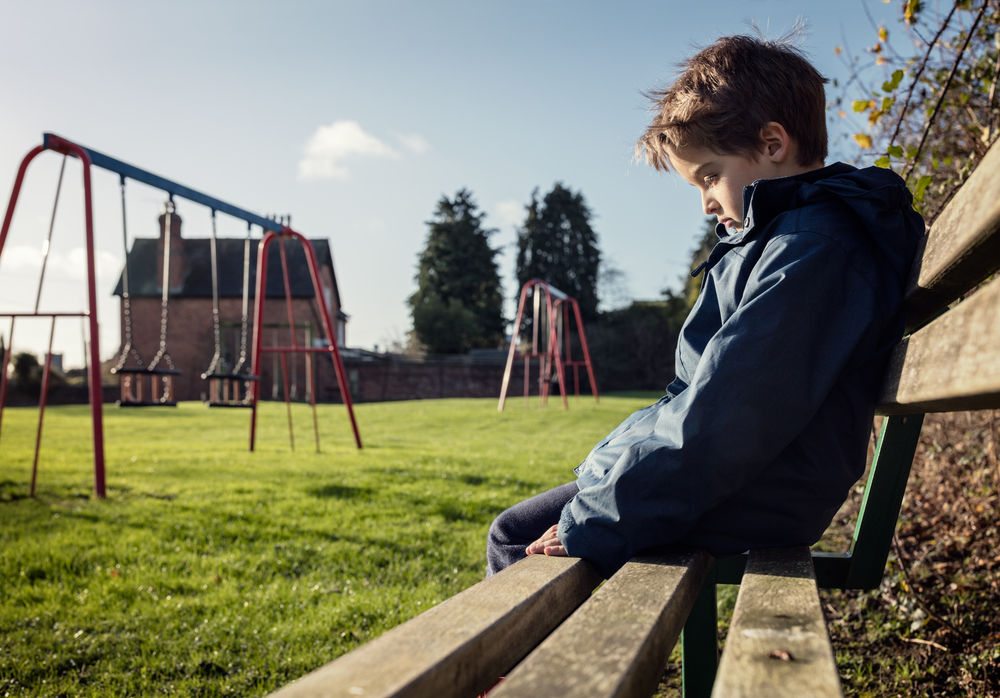
In our quest to make children process every feeling, we’re raising kids who can’t take action until they’ve held a committee meeting with their emotions. Every minor setback becomes a full therapy session, complete with feeling wheels and breathing exercises. While emotional intelligence is crucial, we’re teaching kids to overanalyze every emotional paper cut instead of developing resilience.
2. The “No Bad Feelings” Approach is Creating Feeling Addicts
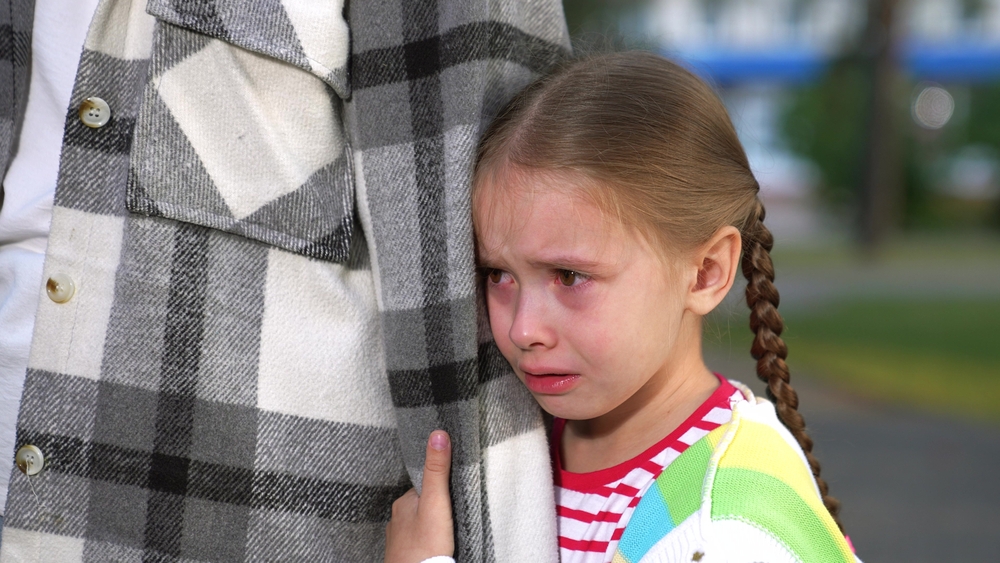
By insisting that all feelings are valid and need extensive attention, we’re inadvertently teaching kids that every emotional twinge deserves a spotlight moment. This isn’t preparing them for a world where sometimes you need to put feelings on the back burner to get things done. When every emotion becomes an event requiring parental validation and extensive discussion, we’re raising children who can’t self-regulate or distinguish between minor annoyances and genuine emotional crises.
3. Natural Consequences Are Long Gone
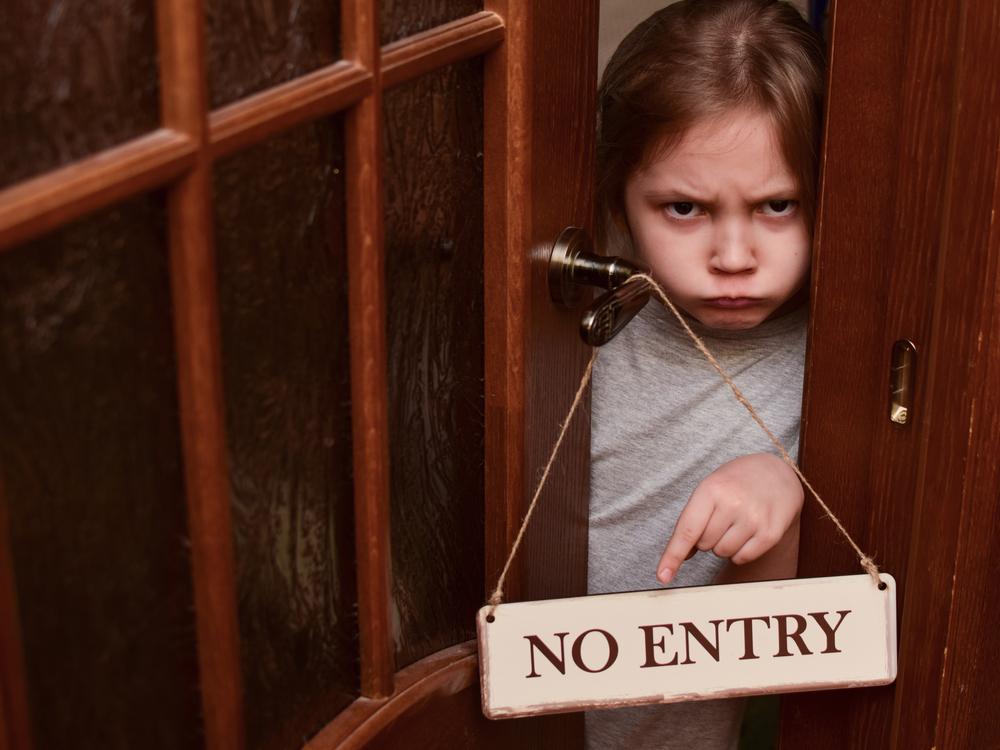
The gentle parenting movement’s aversion to traditional discipline has swung so far that many parents are actively preventing their children from experiencing natural consequences. When every failure is cushioned, we’re depriving children of vital life lessons. These kids aren’t learning that forgetting their homework has consequences—they’re learning that mom or dad will always rush to school with the forgotten assignment, preceded by a gentle discussion about responsibility.
4. We’re Raising People Who Can’t Handle Rejection

While teaching consent is crucial, the current interpretation has gone so far that some children believe they need to consent to everything in their lives, from brushing their teeth to bedtime. This creates a dangerous misconception about how the world works. This is what educators call “consent entitlement”—the belief that life should wait for their enthusiastic yes. They’re struggling to understand that sometimes life requires us to do things we don’t want to do, and that’s not a violation of consent—it’s just reality.
5. The Over-Explaining is Creating Decision Paralysis
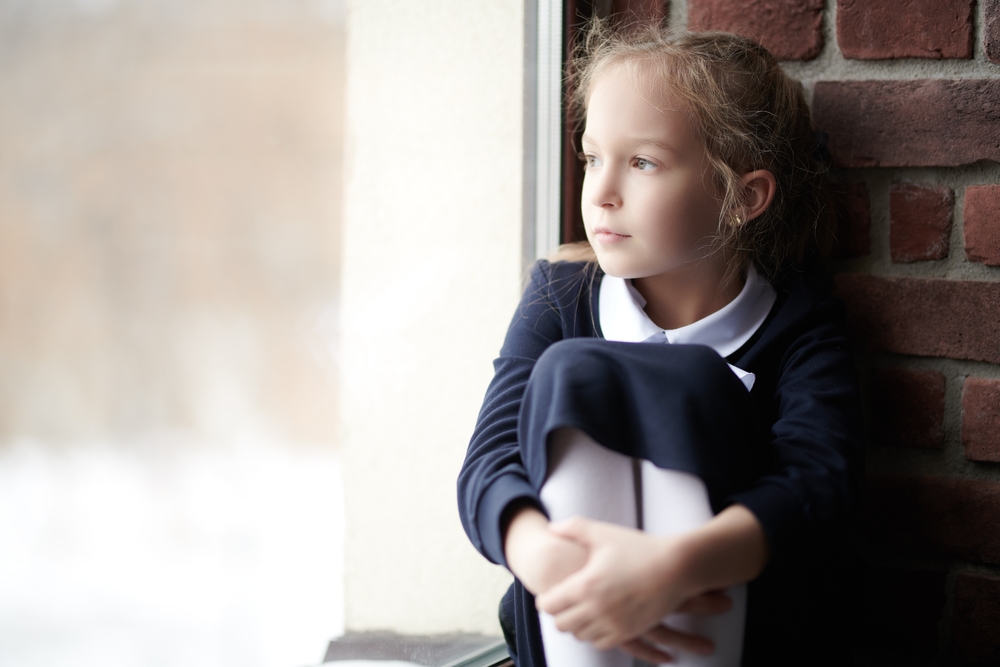
Today’s gentle parents feel compelled to explain the reasoning behind every request, rule, or decision. While understanding “why” can be valuable, we’re raising a generation that can’t take action without a full PowerPoint presentation explaining the rationale. These children are developing “explanation dependency,” where they struggle with authority figures who don’t have time to explain every decision, and they’re spending so much time understanding why they should do something that they never actually do it.
6. We’re Creating Emotional Exhibitionists

The emphasis on expressing feelings has gone so far that we’re raising children who believe every emotion needs to not be just felt but performed and witnessed. They’re developing an unhealthy relationship with emotional privacy—the idea that sometimes it’s okay to feel things without sharing them, process emotions privately, or simply move on without a full debriefing session.
7. We’re Creating Validation Addicts
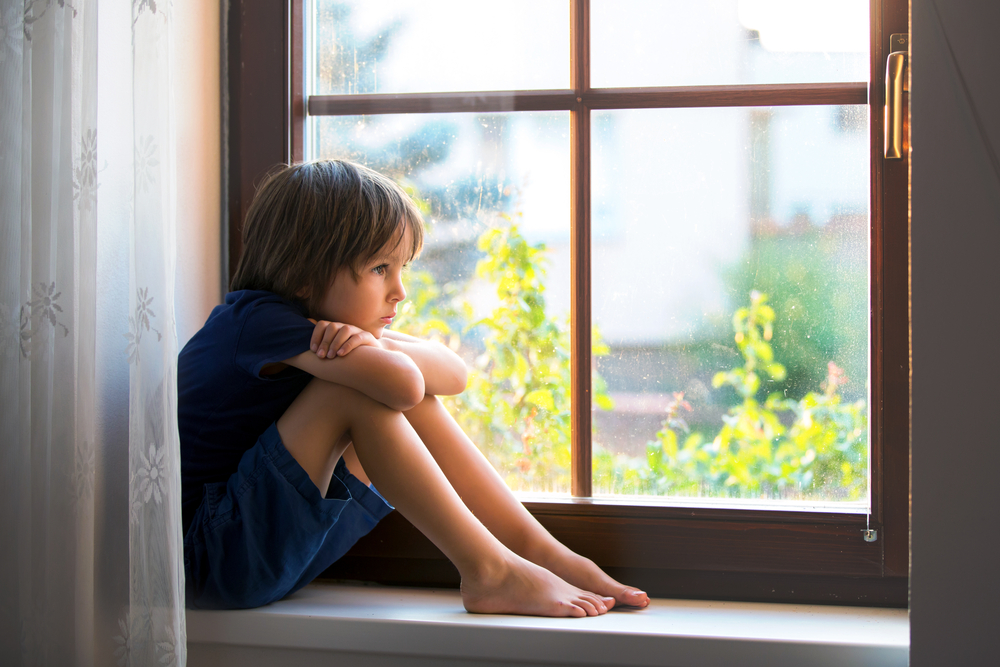
While gentle parenting advocates for authentic praise, many parents have interpreted this as a need for constant positive reinforcement. Every mundane task becomes praise-worthy, and we’re raising children who need constant external validation for basic functioning. They’re developing what psychologists call “praise dependency”—the inability to feel good about their actions without external recognition. And trust us, this is going to bite them in the butt.
8. We’re Hindering Their Solo Problem-Solving Abilities
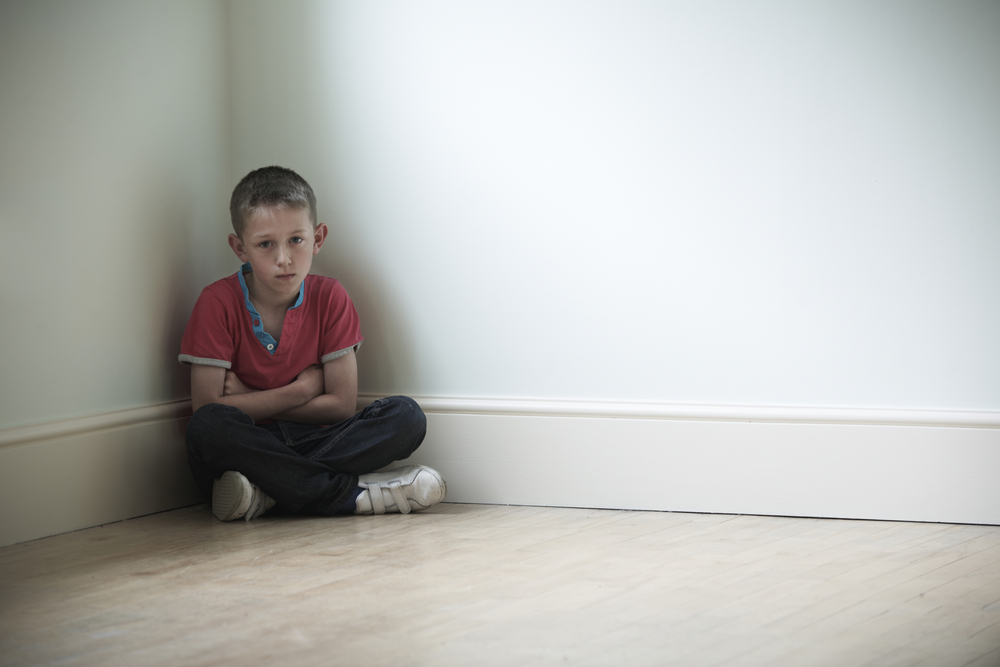
The gentle parenting emphasis on collaborative problem-solving has gone so far that many children can’t handle challenges independently. Every obstacle, no matter how minor, becomes a family brainstorming session. While collaboration is valuable, we’re raising children who lack the confidence to tackle problems alone.
9. Self-Care is Becoming Self-Indulgence
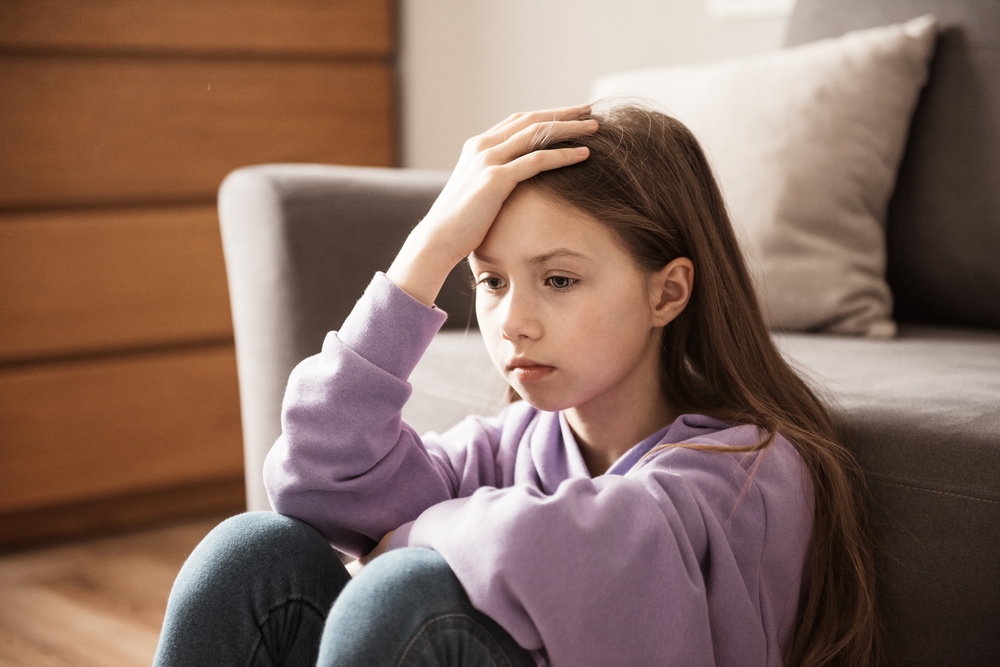
The focus on honoring children’s needs has sometimes morphed into enabling avoidance behaviors. “I don’t feel like it” has become an acceptable reason to skip responsibilities, and “I need a mental health day” has become a get-out-of-anything card. While mental health is important, we’re failing to teach the crucial difference between self-care and self-indulgence.
10. Personal Responsibility Has Become Optional
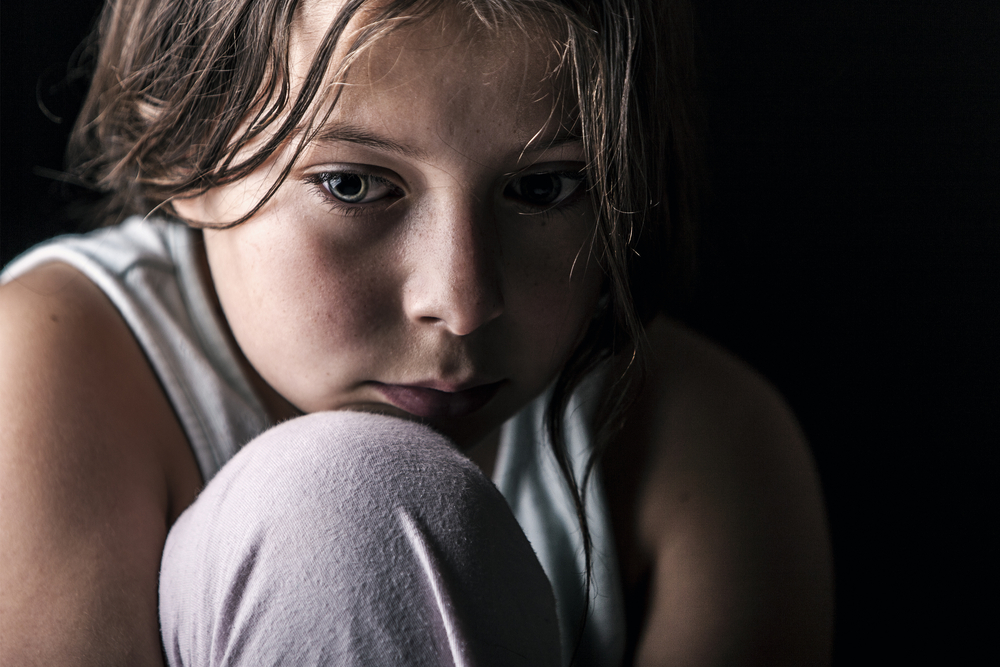
In our effort to be understanding of children’s development and circumstances, we’ve sometimes gone so far that personal responsibility has become optional. Every mistake becomes a “learning opportunity” with no real consequences, every failed responsibility becomes a chance for a do-over. While understanding is important, we’re raising children who struggle to connect their actions with outcomes.
11. The Authority Relationship Has Become Too Democratic

In our effort to move away from authoritarian parenting, many gentle parents have swung so far into democratic parenting that they’ve undermined necessary authority structures. While collaboration is valuable, children need to understand that some situations require clear authority and leadership. These children are developing what educators call “authority confusion”—the inability to function in hierarchical structures or accept necessary authority.
12. We’re Creating Empathy Burnout
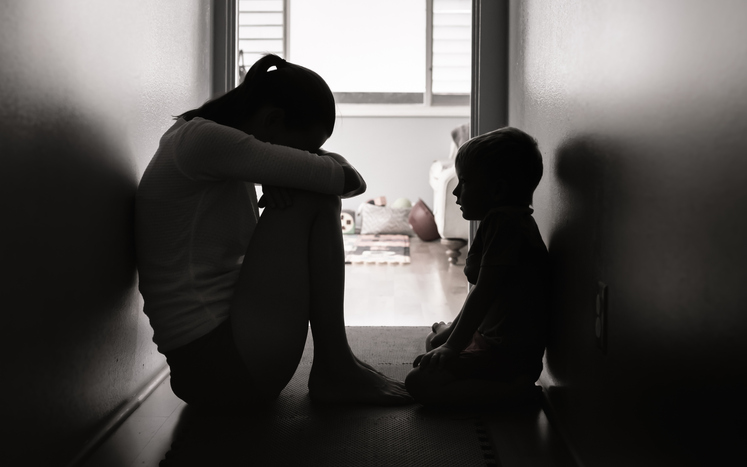
Here’s something ironic: in our obsession with teaching children to be empathetic through gentle parenting, we’re actually creating empathy burnout. These kids are so conditioned to consider everyone’s feelings that they’re becoming emotionally exhausted. Picture a third-grader paralyzed about choosing project partners because they’re worried about how rejected the unchosen kids will feel. Or a teenager unable to break up with a partner because they’re too focused on managing the other person’s emotional response.
13. We’re Not Preparing Them For The Real World
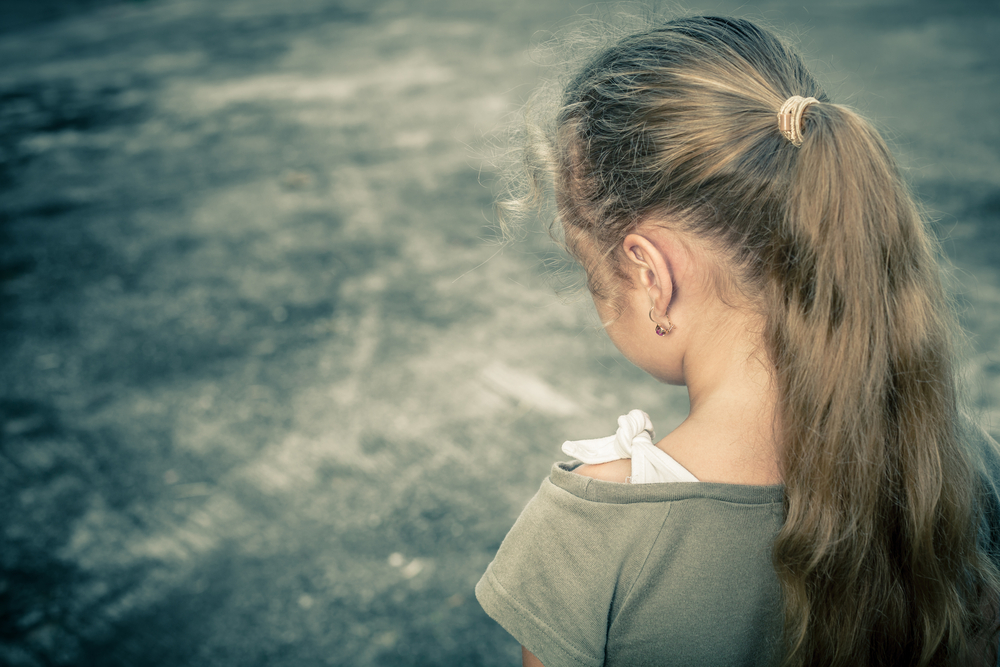
Something fascinating happens when these gently-parented kids hit their first job or college dorm: they experience what psychologists call “authority whiplash.” After years of having every instruction cushioned with validation and choice, they’re suddenly facing professors and bosses who simply expect things done—no explanation offered, no feelings discussed.
14. We’re Creating An Illusion of Independence

Let’s talk about a paradox that’s baffling child development experts: despite all the talk about supporting independence, gentle parenting is creating what some call “pseudo-independent” kids. These children appear highly autonomous in controlled, parent-facilitated environments but crumble when faced with genuine independence.
15. We’re Contributing to a Resilience Deficit
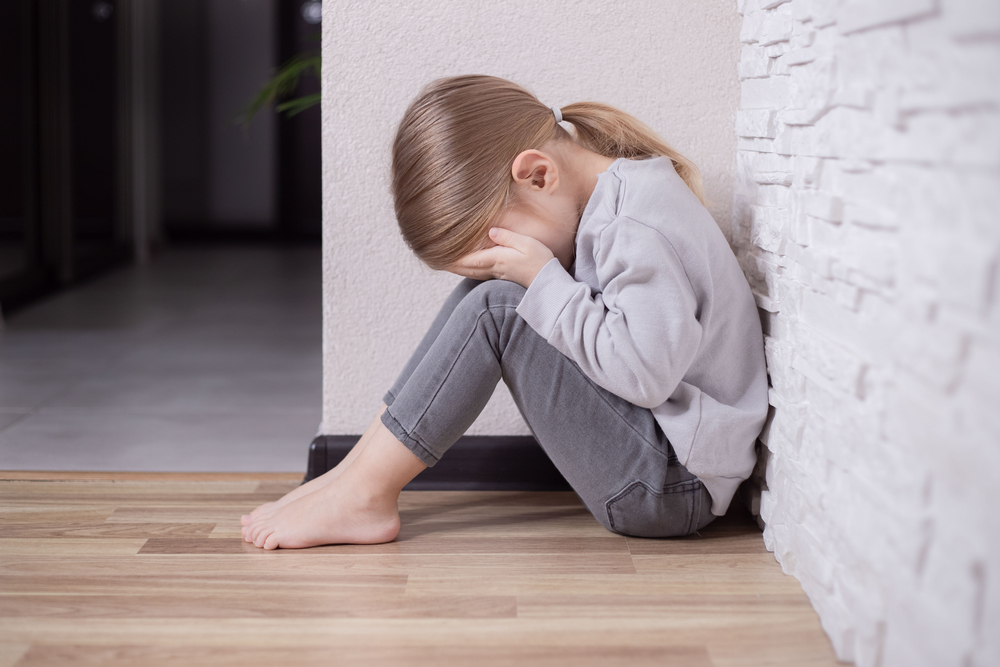
Perhaps most alarming is what trauma specialists are calling the “bounce factor” problem. Traditional childhood disappointments that once built resilience are now treated as potential traumas requiring intensive processing. It creates a peculiar pattern where the child faces disappointment, enters processing mode, discusses feelings, avoids similar situations, and ultimately, develops sensitivity to disappointment








